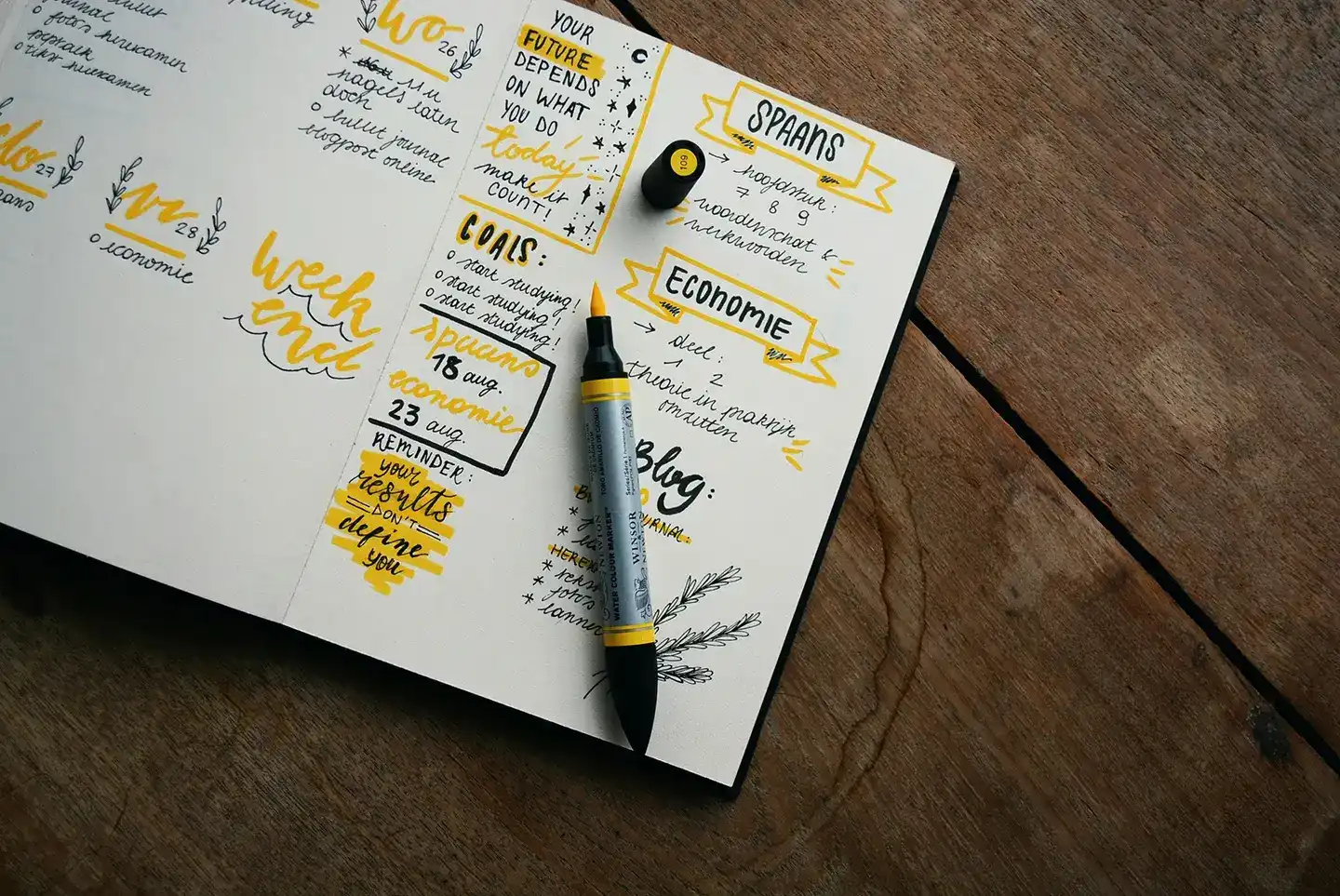Finding Balance: How to Build Sustainable Habits in a Busy Life

Balance Isn’t About Doing It All, It’s About Doing What Matters
We all want more balance, but what does that actually mean?
For some, it’s juggling work, relationships, and personal growth without feeling overwhelmed.
For others, it’s having time for self-care without sacrificing productivity.
For most of us? It’s just trying to get through the day without feeling like we’re failing at something.
The problem is, balance often feels out of reach.
Work is demanding. To-do lists never end. And by the time you’ve handled what needs to be done, there’s barely energy left for what you actually want to do.
But here’s the truth: Balance isn’t about perfect time management, it’s about sustainable choices.
So instead of chasing an impossible version of “having it all,” let’s talk about how to build habits that actually fit into your busy life.
The Myth of “Perfect Balance”
First, let’s clear up a big misconception:
🚫 Balance does NOT mean everything gets equal time.
It’s impossible to give 100% to everything, all the time. Some days, work will need more attention. Other days, your health or relationships take priority. That’s normal.
✅ Balance is about adjusting, not guilt-tripping yourself when things shift.
The goal isn’t to force everything into a rigid schedule, it’s to create habits that are flexible, sustainable, and actually work for you.
How to Build Sustainable Habits (Even When You’re Busy)
If you’ve ever tried to build a new habit but quit because life got too hectic, the issue wasn’t willpower, it was the approach.
Here’s how to make habits work for real life.
1. Shrink the Habit (Make It Impossible to Skip)
Most habits fail because they start too big.
- “I’ll work out for an hour every day.”
- “I’ll meditate for 30 minutes each morning.”
- “I’ll journal every night before bed.”
Sounds great, until real life hits.
Instead, make it ridiculously small at first:
✔️ 5 minutes of movement instead of a full workout
✔️ One deep breath instead of a long meditation session
✔️ Writing one sentence in your journal instead of a whole page
When habits are small and easy, they’re harder to skip. And once you start, you’re much more likely to keep going.
💡 Example: Instead of committing to 30-minute workouts, start with “put on workout clothes.” More often than not, you’ll end up exercising anyway.
2. Stack Habits Onto Things You Already Do
The easiest way to build a habit? Attach it to something already in your routine.
🦷 While brushing your teeth → Do 10 squats
☕ While waiting for coffee → Take 3 deep breaths
🚗 While commuting → Listen to an audiobook or podcast
When a habit is tied to something familiar, your brain won’t see it as “extra effort.” It just becomes part of your day.
💡 Example: If you always check your phone first thing in the morning, make a rule: Before opening social media, take one mindful breath or stretch.
3. Stop Aiming for Streaks, Aim for Consistency
People often give up on habits because they miss a day and feel like they failed.
🚫 “I skipped my workout, so I might as well quit.”
🚫 “I didn’t journal this week, so what’s the point?”
This mindset kills progress. Instead, focus on never missing two days in a row.
✔️ If you miss a workout, do a 5-minute stretch the next day.
✔️ If you forget to meditate, take one deep breath tomorrow.
✔️ If you don’t journal, write one sentence instead of skipping.
Progress isn’t about perfection, it’s about showing up, even in small ways.
💡 Example: Instead of an all-or-nothing approach to meal prep, aim for 2-3 home-cooked meals a week instead of every day.
4. Use the “Seasons of Life” Rule
Not every habit needs to be the same all the time. Life has seasons, and your habits should adjust with them.
🌟 Busy season? Keep habits simple: 5-minute workouts, quick check-ins, easy wins.
🌟 Slower season? Expand habits: longer workouts, deep work, bigger goals.
If you’re going through a tough time, lower the bar, but don’t stop completely. Small actions keep momentum alive.
💡 Example: If you’re swamped with work, shift your workout from 45 minutes to a 10-minute walk, and that’s enough.
Balance Isn’t About More, It’s About What Matters
At the end of the day, balance isn’t about cramming more into your schedule. It’s about:
✔️ Letting go of perfection: habits should be flexible, not rigid.
✔️ Starting small: even the tiniest actions move you forward.
✔️ Adjusting for life’s seasons: not every habit needs to be at full intensity all the time.
So, instead of chasing some perfect version of balance, try this:
🔹 Pick ONE small habit to start today.
🔹 Attach it to something you already do.
🔹 Focus on progress, not streaks.
Because real balance isn’t about doing everything, it’s about doing what actually moves you forward.
Want More Strategies for a Balanced Life?
Check these out next:
📌 Time Management Hacks for a Balanced Life
📌 Overcoming Fear & Self-Doubt: Building True Confidence
📌 Self-Compassion 101: How to Be Kinder to Yourself Every Day